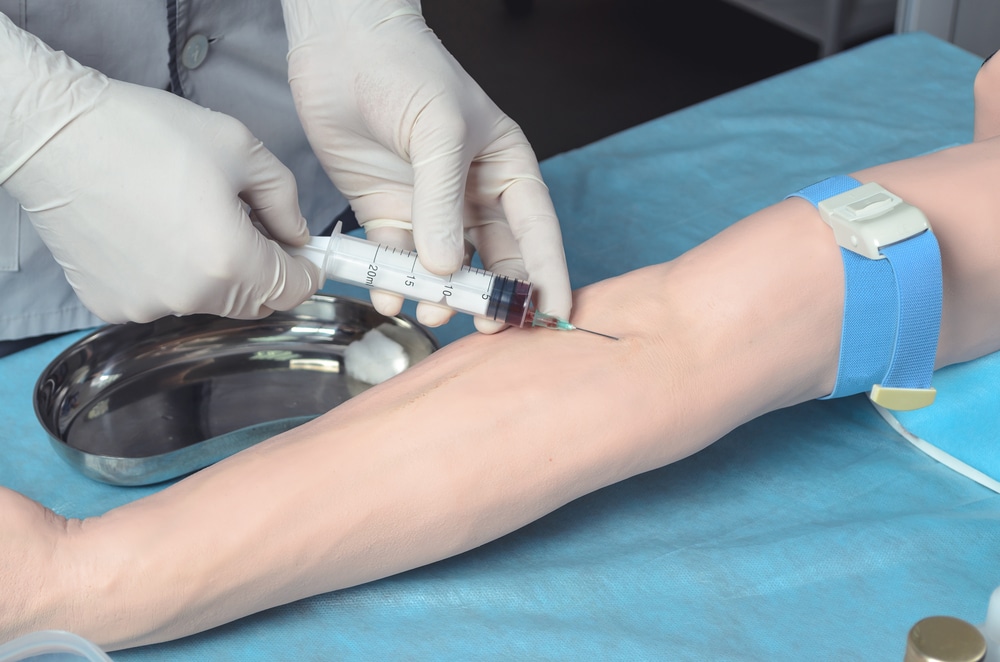Getting a blood test isn’t something we typically look forward to, but it should be integrated into your overall health plan. There’s a lot your doctor can learn about your health from that little vial of blood. Blood tests, in general, can give your doctor great insight into the current state of your overall health. But what you do in the hours before getting your blood drawn can make the process go smoother and give you more accurate results.
One of the most critical things you can do prior to having your blood drawn is to ensure that you are well-hydrated. Whether you are having a standard blood test or a ‘fasting’ blood test, it’s still important to drink plenty of water before the test.
To learn more about how much water you should drink before a blood test, we’ve got all the answers right here. So, keep reading to learn more about it.
Thoroughly Hydrate Before Your Blood Test
Being well-hydrated makes it much easier for the clinician to find a vein that can easily be punctured, without having to try multiple times.
Ideally, you should begin drinking at least 64 ounces of water 24 hours before getting your blood test. This is sufficient to boost your hydration levels. Try to stick to water and limit caffeine, and other sugary drinks like soda or juice.
Does The Water Level in the Blood Affect the Test Results?
The water level in the blood does not affect blood test results much at all. Since water is completely void of nutrients, the amount of water in your blood does not interfere with test results.

Phlebotomy Services at Miles Pharmacy
Even if you aren’t ill, it’s still important to get routine blood tests. Your blood test results can tell you a lot about your health, and the results will alert you to potential problems that may inspire you to make some healthy lifestyle changes. Miles Pharmacy is your one-stop shop where you can conveniently get your blood tests done. We offer a full range of phlebotomy services that include testing for blood sugar levels as well as diabetes tests, liver function tests, and all other standard blood tests.


